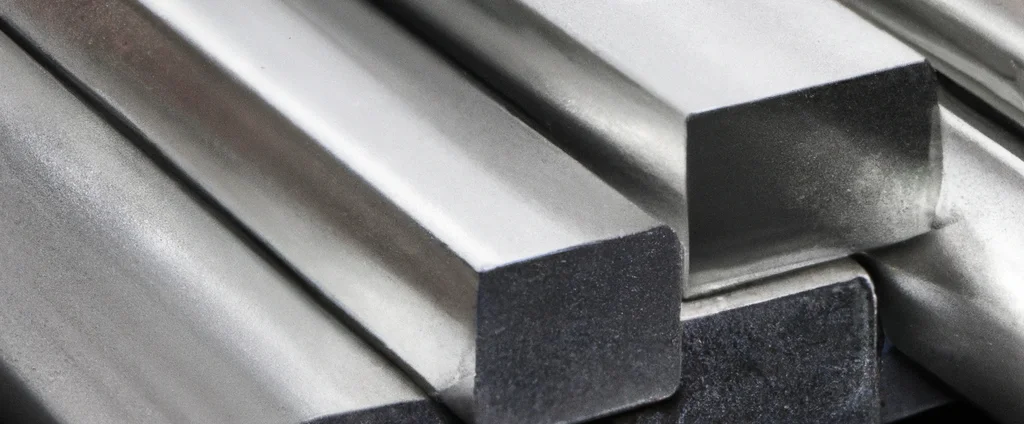Aluminum Alloy 7068 (UNS A97068)

Aluminum 7068 is a high-strength aluminum alloy that contains zinc, magnesium, copper, and zirconium. It is known for its exceptional strength-to-weight ratio, making it an excellent choice for applications where high strength and light weight are required.
| Chemical Composition | ||
|---|---|---|
| Element | Min | Max |
| Aluminum | 85.48% | 88.85% |
| Chromium | —— | 0.05% |
| Copper | 1.6% | 2.4% |
| Iron | —— | 0.15% |
| Magnesium | 2.2% | 3.0% |
| Manganese | —— | 0.1% |
| Silicon | —— | 0.12% |
| Titanium | —— | 0.1% |
| Zinc | 7.3% | 8.3% |
| Zirconium | 0.05% | 0.15% |
| Residuals | —— | 0.15% |
The following table provides a list of aluminum 7068 properties in both SI and US customary/Imperial units.
Click on the button to switch between Metric and Imperial units.
| Physical Properties | Metric |
|---|---|
| Density | 2850 kg/m3 |
| Mechanical Properties | Metric |
| Tensile Strength | 640 MPa |
| Yield Strength | 590 MPa |
| Shear Strength | 300 MPa |
| Young’s Modulus (E) | 73 GPa |
| Shear Modulus (G) | 26 GPa |
| Elongation at Break | 10% |
| Poisson’s Ratio (ν) | 0.33 |
| Thermal Properties | Metric |
| Melting Point | 476 - 635 °C |
| Thermal Conductivity | 190 W/m·K |
| Specific Heat Capacity (Cp) | 1050 J/kg·K |
| Coefficient of Thermal Expansion (αL) | 2.34×10-5 1/°C |
| Electrical Properties | Metric |
| Electrical Resistivity | 5.4×10-8 Ω·m |
The values in this table are approximate and can vary depending on various factors such as the specific manufacturing process and heat treatment applied to the alloy.
Advantages & Disadvantages of Aluminum 7068
| Advantages | Disadvantages |
|---|---|
| High strength | High cost |
| Corrosion resistance | Limited availability |
| Machinability | Heat treatment sensitivity |
Applications of Aluminum 7068
Aluminum 7068 is utilized in various applications that require a combination of high strength, lightweight, and good corrosion resistance, including:
- Aerospace: Used in structural components such as aircraft fuselages, wings, and landing gear. Its high strength-to-weight ratio allows for weight savings without compromising structural integrity.
- Automotive: Employed in high-performance applications where strength, durability, and weight reduction are essential. Common uses include suspension systems, drive shafts, and lightweight racing parts.
- Defense and Military: Due to its exceptional strength, this alloy is used for armored vehicles, military aircraft, and weaponry components where performance is critical.
- Sporting Goods: Favored in the manufacturing of bicycle frames, tennis rackets, and golf club heads. Its high strength and lightweight nature contribute to improved performance and maneuverability.
- Marine: Finds applications in boat and shipbuilding, particularly for structural components, hulls, and superstructures due to its corrosion resistance and strength.
- Industrial Equipment: Used in the construction of machinery that requires high strength and durability, including frames, hydraulic systems, and robotics.
